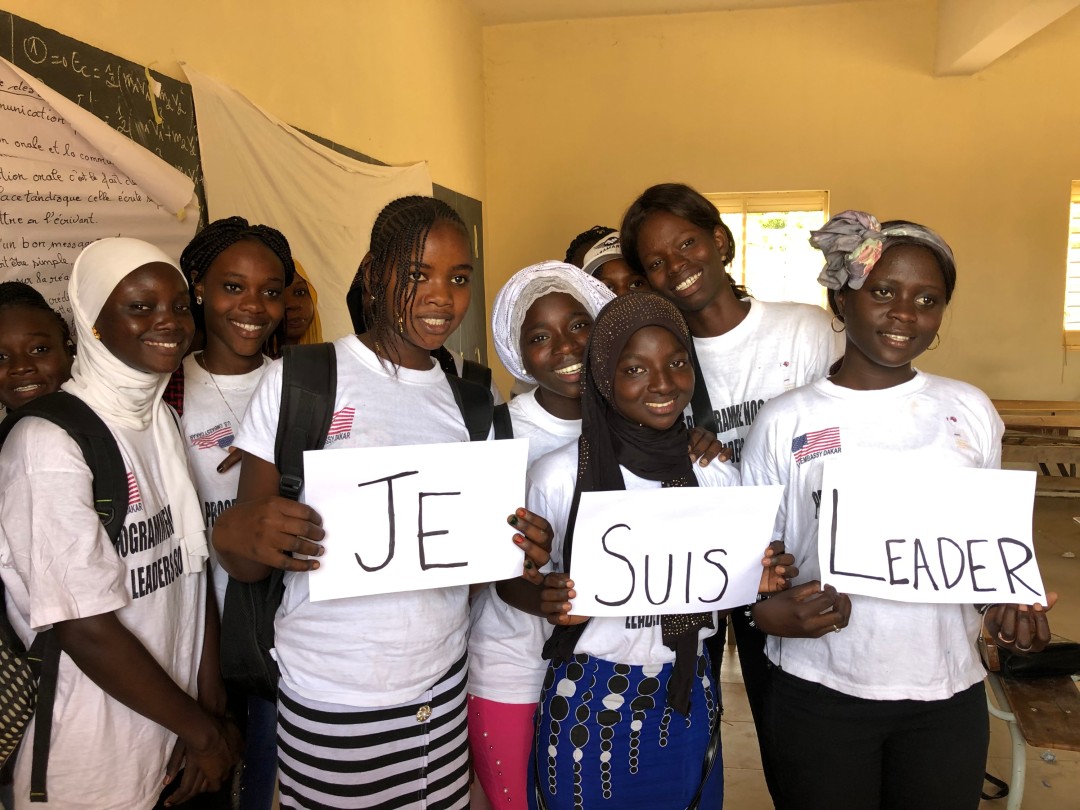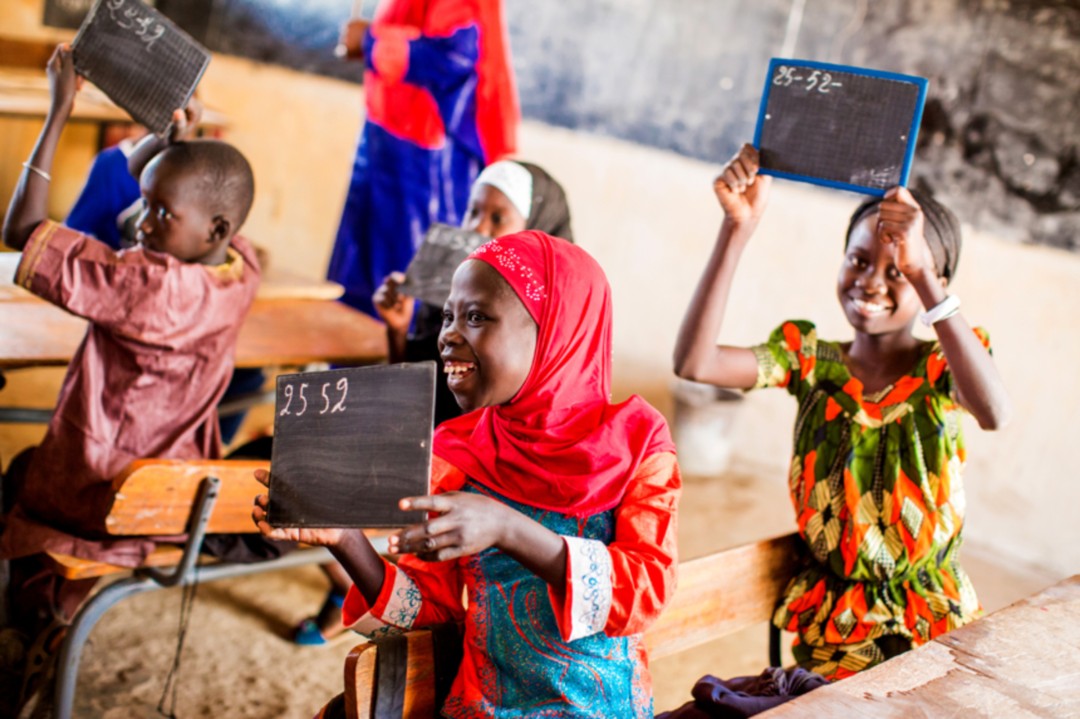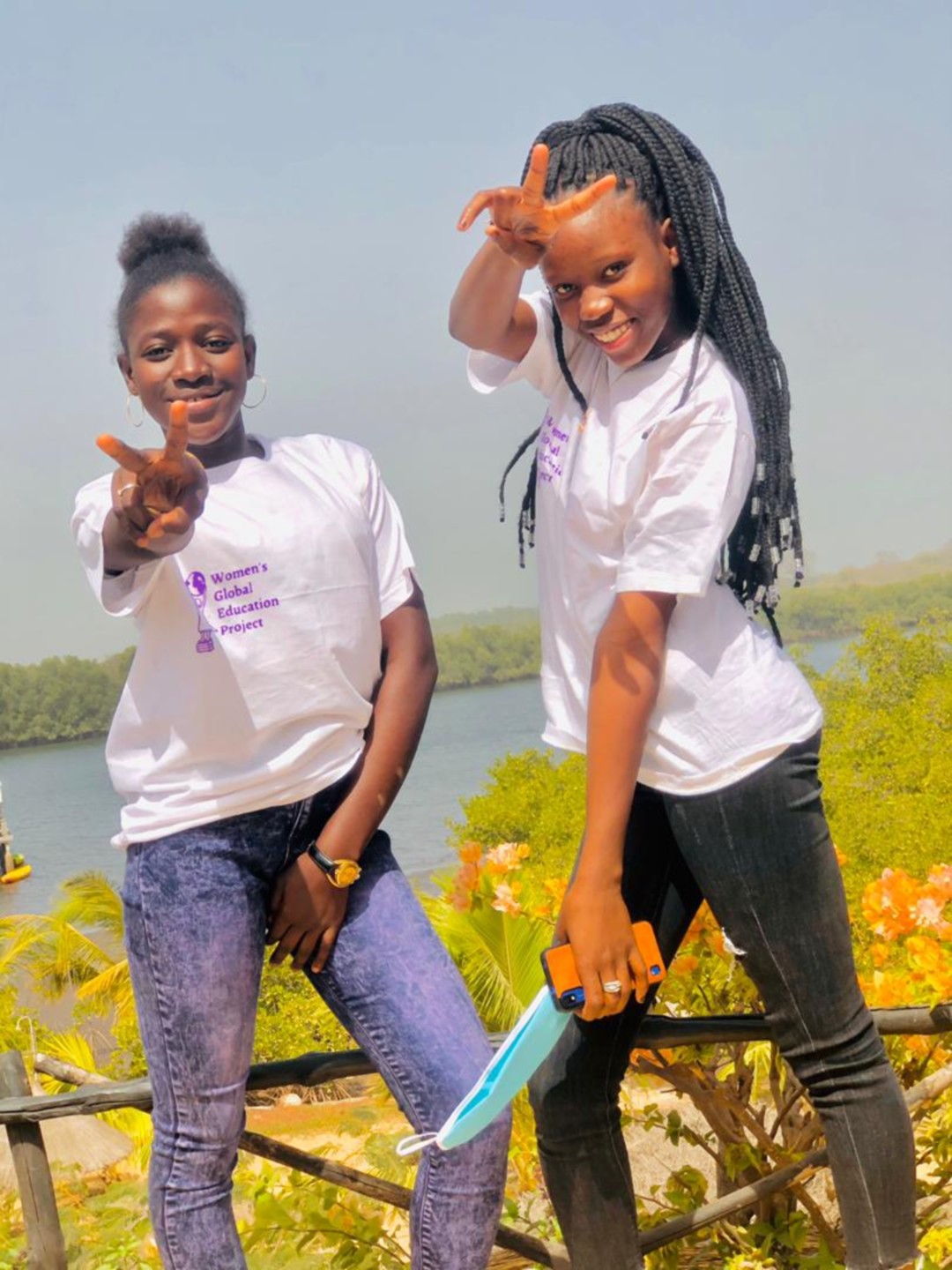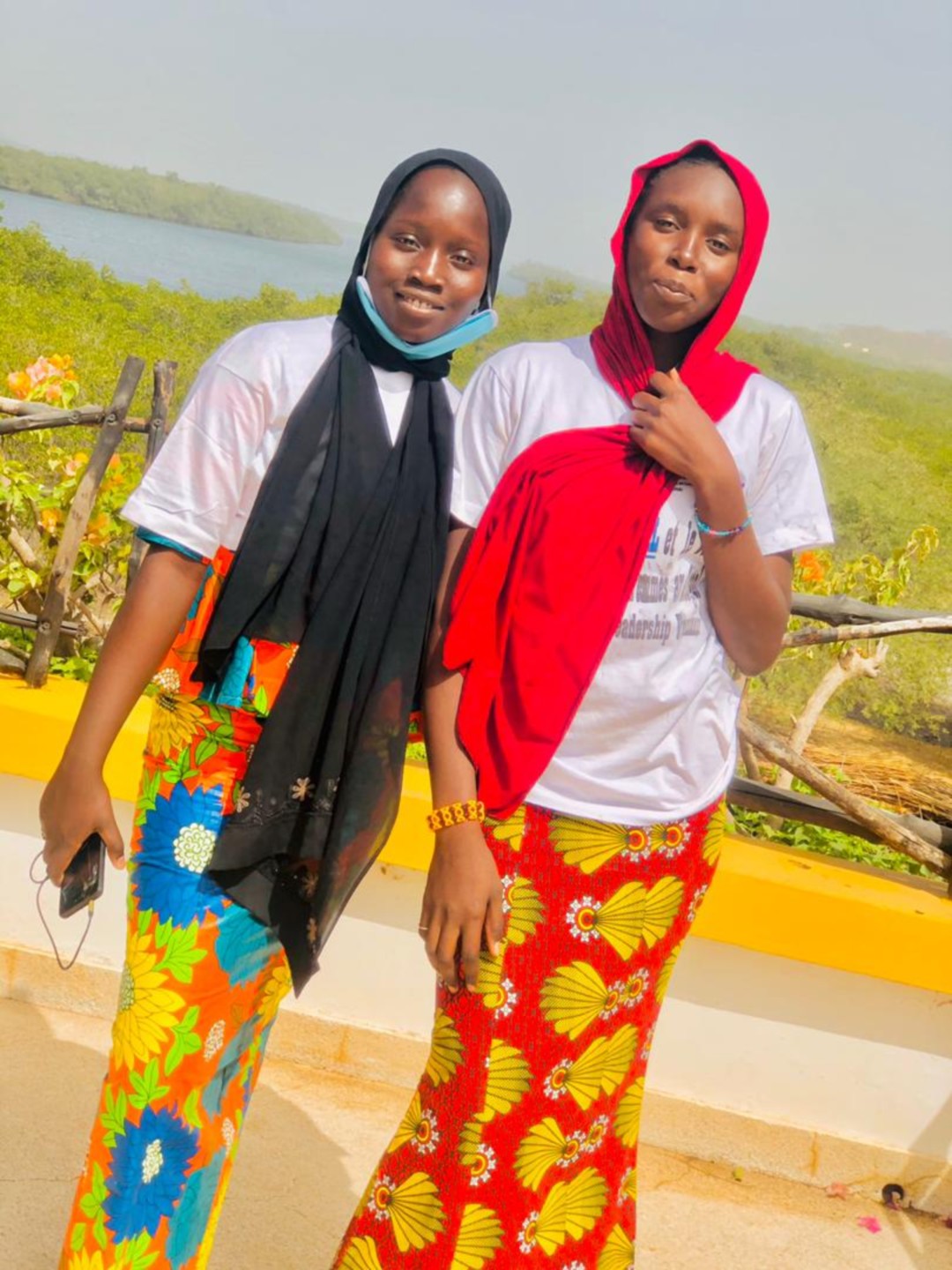Education and leadership support for adolescent girls
The project aims to provide adolescent high school girls in rural Senegal with access to education and leadership skills to become change agents in their community. More specifically, this entails providing access to education to 150 girls, from villages across the Fatik region, who are at risk of dropping out of school. Scholarships include school fees, personal hygiene items, books, clothing, living expenses and school supplies. Additional tutoring from December through June is offered to ensure students pass the national exams. Exam fees are also covered by the project. 450 adolescent girls and 90 boys will also participate in girl-centered leadership workshops and retreats at WGEP’s headquarters located in Sokone. Community mobilization activities will also be implemented to engage 12,000 community members in support of girls’ education and women’s leadership.
Founded in 2004, Women’s Global Education Project (WGEP) is an international NGO that aims to empower young people, particularly women and girls, in rural areas of sub-Saharan Africa to build better lives and foster more equitable communities.
News
Four new projects approved in June 2021
6 July 2021
The Addax and Oryx Foundation granted funding for four new projects at its June Board meeting.Education and leadership support
27 July 2022
During the first year of the project, WGEP provided scholarships to150 middle-school scholars that were at risk of dropping out of school. All the girls successfully remained in school!Leader spotlights: Meet Fatima and Modou!
24 August 2023
The Addax and Oryx Foundation has been supporting Women’s Global Education Project since 2021 for an “Education and leadership support for adolescent girls” project. During the 2022-2023 academic year, 405 high school students (345 girls and 60 boys) developed their leadership and advocacy skills.A third year comes to an end for female scholars
7 August 2024
The project aiming to provide adolescent high school girls in rural Senegal with access to education and leadership skills to become change agents in their community successfully closed out its third year. Click on the photo to read more.
Testimonials
Type
Education / Community DevelopmentDuration
July 2021 - June 2025Location
Fatik region / SenegalWith whom
Women’s Global Education Project (WGEP)
Website







Senegal
Population
15.8 million (2018)
Per Capita Income
USD 1,410/year (2017)
Poverty rate *
47% (2011)
Literacy rate
69% (2017)
Human Development Index
164th out of 189 countries (2018)
Senegal has been among Africa’s most stable countries, with three major peaceful political transitions since independence in 1960. Despite significant economic growth and decades of political stability, Senegal still faces serious development challenges. More than one third of the population lives below the poverty line, and 75 percent of families suffer from chronic poverty. The agriculture sector is dominated by subsistence farming, with limited access to good quality seeds and fertilizers, technology, finance and credit, agricultural insurance and post-harvest storage techniques. With 70 percent of the crops being rain-fed, the sector is highly vulnerable to climate shocks, which have severe impacts on the availability and prices of food. Gender disparities remain widespread in the country, especially in rural areas where traditional and religious practices like early and forced marriage cause girls to drop out of school, reduce their productivity and perpetuate the cycle of inequality. The lack of employment and business opportunities in agriculture is a driver of migration, which leads to urbanization and emigration.
Sources: World Food Program, UNICEF, World Bank, 2016 Human Development Report, Human Development Indices and Indicators (2018 Statistical Update)
*The percentage of the population living below the national poverty line.